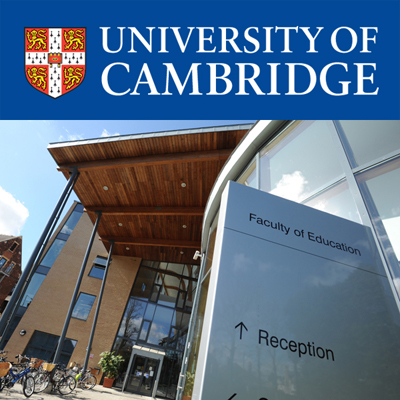1) Russian Higher Education and the Post-Soviet Transition. 2) Between ‘modernisation’ and ‘transition’: the discourse of the Serbian 2001 civic education policy.
Duration: 1 hour 27 mins
Share this media item:
Embed this media item:
Embed this media item:
About this item

| Description: |
1) The collapse of the Soviet Union in 1989 required the system of education, as with all other Soviet institutions, to adjust if it were to survive in the new Russian conditions. It was faced, above all, with the need to identify a new social and economic role as the education system of a radically different society and economy. This raised fundamental questions that required urgent answer. What was its purpose? Who should it serve? How was it to be organized and financed?
2) This project explored the development of the Serbian 2001 civic education policy, a policy which marked the start of an all-encompassing education reform that was hailed as one of the tools in assisting the country’s transition from various forms of authoritarianism to a modern democracy. It was also a strong political signal that the then governing elite was dedicated to joining Serbia with other post-communist countries on their way ‘back to Europe’. |
|---|
| Created: | 2015-01-07 15:06 | ||||
|---|---|---|---|---|---|
| Collection: | Kazakhstan programme open seminar series | ||||
| Publisher: | University of Cambridge | ||||
| Copyright: | Professor W. John Morgan, Sanja Djerasimovic | ||||
| Language: | eng (English) | ||||
| Distribution: |
World
|
||||
| Keywords: | Russia; Post-Soviet Union; Higher Education; Professional Training; Vocational Training; Demographic Hole; Serbia; Civic Education Policy; Post-Communist; | ||||
| Credits: |
|
||||
| Explicit content: | No | ||||
| Aspect Ratio: | 4:3 | ||||
| Screencast: | Yes | ||||
| Bumper: | UCS Default | ||||
| Trailer: | UCS Default | ||||
| Abstract: | 1) In this seminar we shall focus on the responses of that most crucial and yet vulnerable part of the system: higher education, including professional and vocational training. The emergence of a ‘demographic hole’, during the 1990s made such questions even more difficult to answer, especially on a longer term basis. However, it should be noted that, under the conditions of an officially declared transition to a market
economy, the sector proved very sensitive to the new economy’s labour market for employees. 2) Through interviews with the then policy makers and various contemporary critics and commentators of the policy, and through the analysis of relevant policy and media documents and parliamentary debates, I explore the discourses and legitimisation strategies that gave rise to this policy, and especially its relation to the religious education policy, introduced, with some controversy, at the same time. I hypothesise that the civic education policyserved as symbolic capital used by the Serbian policy elite in their bid to position themselves more favourably in an international education policy field. |
|---|---|

